South Sudan
South Sudan has declared famine in some parts of the country.
According to the government and three UN aid agencies, the calamity is as a result of the ongoing civil war, and an entrenched economic crisis that has devastated t the country.
It is estimated that nearly 100,000 people are facing starvation and more than a million others are on the brink of famine.
Prolonged conflict in the country has prevented many farmers from harvesting their crops while hyperinflation which soared to over 800 percent in 2015, has made the price of imported food beyond the reach of many.
Around 4.9 million people over 40 percent of South Sudan’s population are in need of urgent food and nutrition, while 5.5 million others are expected to be severely food insecure and at risk of death in the coming months, the UN agencies added.
Famine is currently affecting parts of Unity State in the northern-central part of the country. A formal famine declaration means people have already started dying of hunger. The situation is the worst hunger catastrophe since fighting erupted more than three years ago.
UN’s World Food Programme(WFP) says the catastrophe is man-made.
“This famine is man-made. WFP and the entire humanitarian community have been trying with all our might to avoid this catastrophe, mounting a humanitarian response of a scale that quite frankly would have seemed impossible three years ago.” said WFP country director, Joyce Luma.
The oil-rich east African country has been mired in conflict since 2013 when President Salva Kiir fired his then deputy, rebel leader Riek Machar.




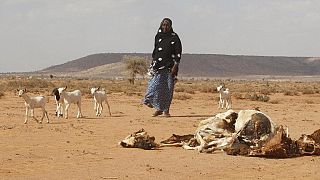
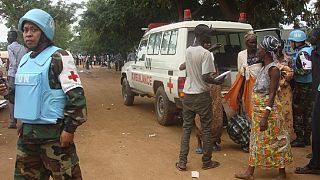
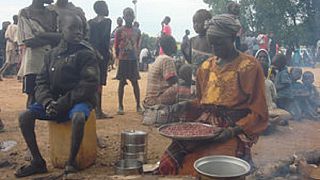
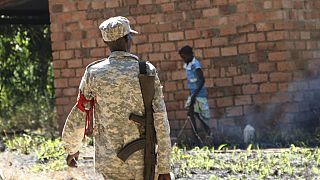
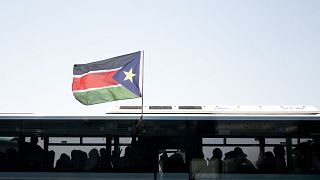
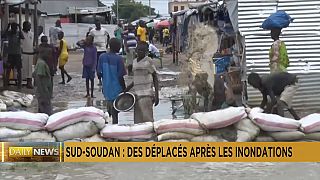
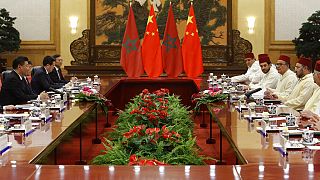
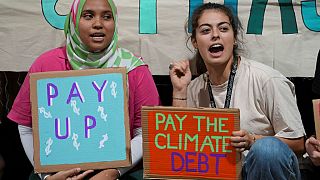
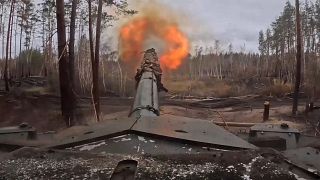
02:09
Russia vetoes UN resolution calling for immediate cease-fire in Sudan
01:27
Activists highlight plight of world's hungry ahead of G20 summit in Brazil
01:12
Deaths in war-torn Sudan significantly higher than previous tolls, according to new report
01:07
Sudan keeps key aid crossing from Chad open to keep humanitarian aid flowing
01:03
Ukraine: one person killed and 35 injured in Russian attack
01:40
UN report warns of famine, aggravated by conflicts and climate shocks